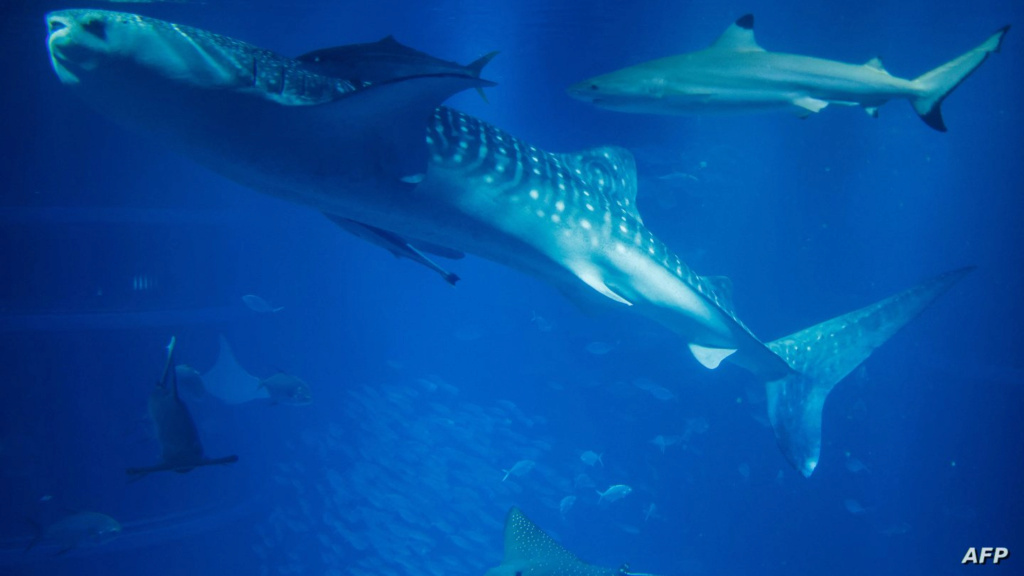The whale shark is the largest carnivorous animal.. A discovery that cancels everything scientists thought

An Australian study has found that whale sharks are the largest carnivores in the world, according to the Guardian newspaper.
In the study, published in the Journal of Marine Biology, the researchers made a surprising discovery about the eating habits of whale sharks, and accordingly gave the largest fish in the sea the global title.
It turns out that the giant fish routinely feasts on seaweed, along with huge amounts of krill, which means it has officially replaced the Kodiak bear as the world's largest carnivore.
Krill is a type of marine arthropod found in Antarctic waters. It is a crustacean similar to shrimp (prawn), and its density sometimes reaches from 10 thousand to 30 thousand per cubic meter.
Scientists made the discovery while studying whale sharks off the Ningaloo Reef in Western Australia.
"Everything we thought we knew might not be true in reality, we saw them come to Ningaloo, we saw them feeding on krill and we thought about the reasons for that," said Mark Mikan, a fish biologist at the Australian Institute of Marine Sciences.

The scientists analyzed potential food sources, ranging from tiny plankton to large seaweed, for amino and fatty acids, then looked at what was in skin samples from whale sharks.
“This study indicates that they eat a fair amount of plant matter, more krill, in fact,” Mikan said.
He added, "These are very large animals, and when the animal is large, it needs a lot of food."
Another part of the study involved collecting and testing the feces of a whale shark, and the results showed that it did eat krill, albeit in limited proportions.
"Whale sharks have simply gotten around this in an evolutionary sense by being able to digest marine arthropods that come in the way of their mouths rather than pushing them out," Mikan said. "They are turning bycatch into part of their diet."
Source : websites

